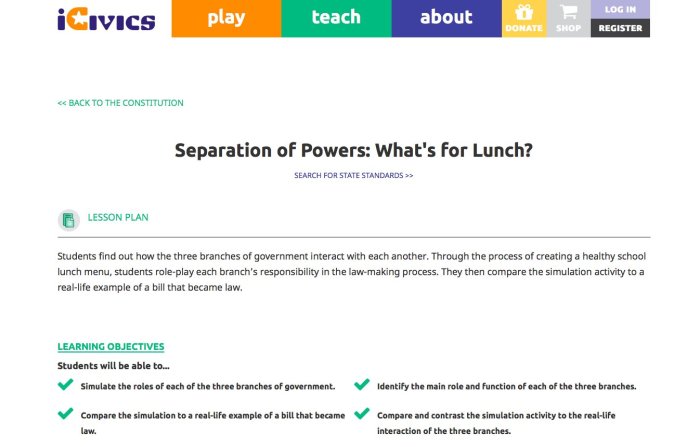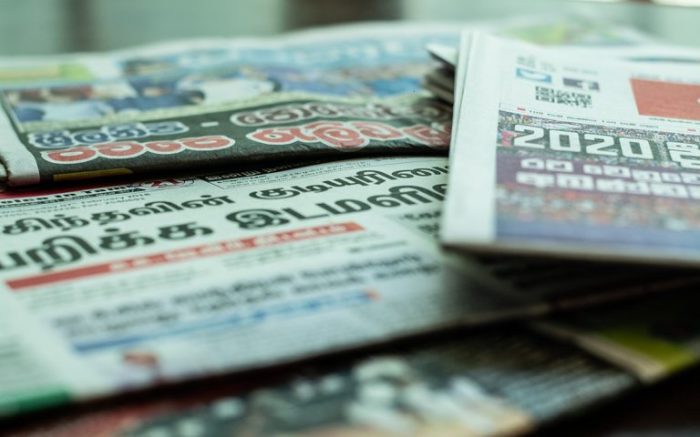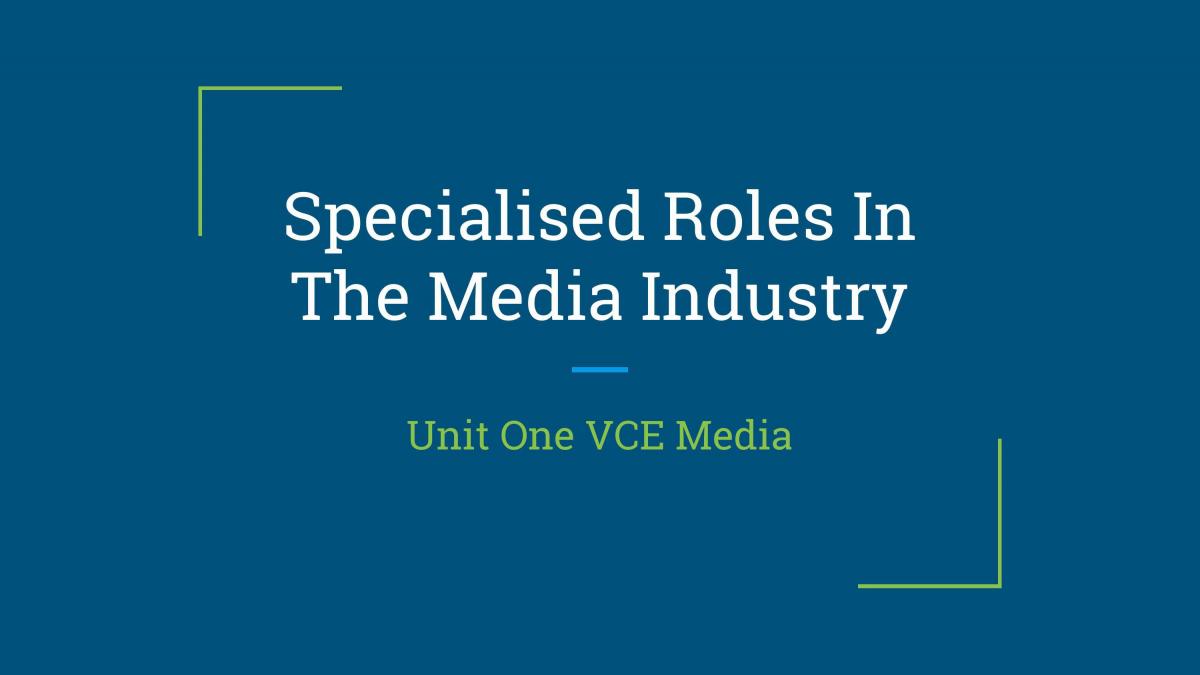The role of media icivics – The role of media in our society is multifaceted and ever-evolving. From shaping civic understanding to holding governments accountable, media plays a crucial role in our democratic processes. In this essay, we will delve into the intricate relationship between media and civics, exploring its profound impact on our society.
Media has the power to both inform and misinform, to empower and disempower. It can be a tool for progress or a weapon of division. Understanding the role of media is essential for navigating the complexities of the modern world and ensuring that it serves the public interest.
Media’s Role in Civic Education: The Role Of Media Icivics

Media plays a pivotal role in shaping civic understanding. It disseminates information about civic issues, fostering public awareness and knowledge. By presenting diverse perspectives, media encourages critical thinking and informed decision-making, equipping citizens with the tools necessary for active civic participation.
Media’s Influence on Civic Engagement
Media can both promote and hinder civic engagement. On the one hand, it can mobilize citizens by raising awareness about important issues, facilitating political dialogue, and providing a platform for civic discourse. On the other hand, media can also discourage engagement by perpetuating apathy, promoting sensationalism over substance, or disseminating misinformation.
Examples of Effective Media Campaigns
Numerous media campaigns have effectively promoted civic values. For instance, the “I Am a Voter” campaign in the United States successfully increased voter turnout by emphasizing the importance of civic participation. Similarly, the “Be the Change” campaign in India used social media to mobilize youth for social action, empowering them to address local issues.
Media’s Role in Informing the Public

The media has a crucial responsibility to inform the public accurately and impartially. This role is vital for a healthy democracy, as an informed citizenry can make informed decisions about their government and society.However, the media faces challenges in maintaining objectivity.
These challenges include:
- Political bias: Media outlets may have political leanings that influence their coverage of news and events.
- Corporate influence: Media companies may be owned by corporations with vested interests that can affect the content they produce.
- Sensationalism: The media may prioritize sensational stories over important but less exciting news.
The rise of social media has also had a significant impact on the dissemination of information. While social media has made it easier for people to access news and information, it has also created challenges:
- Misinformation: Social media can be a breeding ground for misinformation and disinformation, which can be difficult to distinguish from accurate information.
- Echo chambers: Social media algorithms can create echo chambers, where users are only exposed to information that confirms their existing beliefs.
- Erosion of trust: The proliferation of misinformation and the lack of accountability on social media can erode trust in the media.
Despite these challenges, the media plays a vital role in informing the public. It is important for media outlets to strive for accuracy and objectivity, and for consumers to be critical of the information they consume.
The media plays a pivotal role in shaping public opinion and empowering citizens. By providing information and fostering discussion, media platforms like iCivics help educate and engage individuals. Ellis Arnall, a prominent figure in American politics, made significant contributions to the media landscape.
His work highlighted the importance of responsible journalism and the media’s role in promoting civic participation. iCivics continues to build on this legacy, empowering citizens with the knowledge and tools to navigate the complexities of modern media and participate actively in their communities.
Media’s Role in Holding Government Accountable
The media serves as a watchdog, keeping a watchful eye on the actions of the government. They investigate and expose any misconduct or wrongdoing, ensuring that those in power are held accountable for their actions.
The media uses various methods to carry out its watchdog role. Investigative journalists conduct in-depth research, uncovering hidden information and exposing corruption. They use sources, documents, and data to build a solid case against government officials.
Methods Used by the Media
- Investigative Journalism:Uncovering hidden information and exposing wrongdoing through in-depth research.
- Freedom of Information Act (FOIA) Requests:Obtaining government documents and records to shed light on government activities.
- Interviews:Gathering information from government officials, whistleblowers, and experts.
- Data Analysis:Analyzing government data to identify patterns and uncover potential misconduct.
Examples of Media Investigations
- Watergate Scandal:The Washington Post’s investigation into the break-in at the Democratic National Committee headquarters led to the resignation of President Richard Nixon.
- Abu Ghraib Prison Scandal:The New Yorker’s expose of the torture and abuse of Iraqi prisoners at Abu Ghraib led to the dismissal of several high-ranking military officials.
- Panama Papers:The International Consortium of Investigative Journalists’ investigation into offshore tax havens revealed the hidden wealth of world leaders and celebrities, leading to several arrests and resignations.
These investigations demonstrate the power of the media to hold government accountable and ensure transparency in public affairs.
Media’s Role in Facilitating Dialogue

The media plays a crucial role in fostering public discourse by providing a platform for diverse voices and facilitating dialogue. Through various media formats, the media enables individuals to share their perspectives, engage in discussions, and shape public opinion.
Digital Media
Digital media, including social media platforms and online forums, has revolutionized the way people communicate and engage with information. These platforms allow for instant sharing of ideas, real-time discussions, and the formation of online communities around shared interests. Digital media has empowered individuals to voice their opinions, connect with like-minded people, and challenge established narratives.
Traditional Media
Traditional media, such as newspapers, television, and radio, continues to play a significant role in facilitating dialogue. While traditional media formats may have a wider reach than digital media, they often provide more in-depth analysis and context, allowing for more nuanced discussions.
Traditional media outlets often host debates, interviews, and public forums, which bring together diverse perspectives and promote informed discourse.
Interactive Formats
Interactive media formats, such as podcasts, webinars, and online Q&A sessions, offer unique opportunities for dialogue. These formats allow for direct engagement between speakers and audience members, fostering a sense of community and encouraging active participation. Interactive formats enable individuals to ask questions, share their thoughts, and engage in real-time discussions, leading to more informed and inclusive dialogue.
Media’s Role in Shaping Public Opinion

The media plays a significant role in shaping public opinion, influencing the way individuals perceive issues, form judgments, and make decisions.
Media outlets use various techniques to shape public perceptions. These include framing stories in particular ways, emphasizing certain aspects of an issue while downplaying others, and using persuasive language and imagery.
Agenda Setting, The role of media icivics
- The media can influence the public’s agenda by deciding which issues to cover and how prominently to feature them.
- By giving certain issues more attention, the media can make them seem more important and worthy of public concern.
Priming
- The media can prime the public to think about issues in particular ways by providing certain information or perspectives.
- For example, media coverage of crime can lead people to perceive their community as less safe, even if crime rates are actually decreasing.
Framing
- The media can frame issues in ways that influence how the public thinks about them.
- For example, a story about climate change can be framed as a threat to the environment or as an opportunity for economic growth.
Ethical Implications
The media’s role in shaping public opinion raises ethical concerns. Critics argue that the media can be biased and that it can use its power to manipulate public opinion for political or commercial gain.
It is important for the media to be transparent about its biases and to provide the public with a variety of perspectives on important issues. The public also needs to be aware of the media’s potential influence and to critically evaluate the information it consumes.
FAQ Resource
What is the primary role of media in civic education?
Media plays a crucial role in shaping civic understanding by providing information about current events, promoting civic values, and facilitating public discourse.
How can media hinder civic engagement?
Media can hinder civic engagement by spreading misinformation, promoting apathy, and reinforcing stereotypes.
What are some examples of effective media campaigns that have promoted civic values?
Examples of effective media campaigns that have promoted civic values include the “I Am a Man” campaign during the Civil Rights Movement and the “It’s On Us” campaign to combat sexual assault.